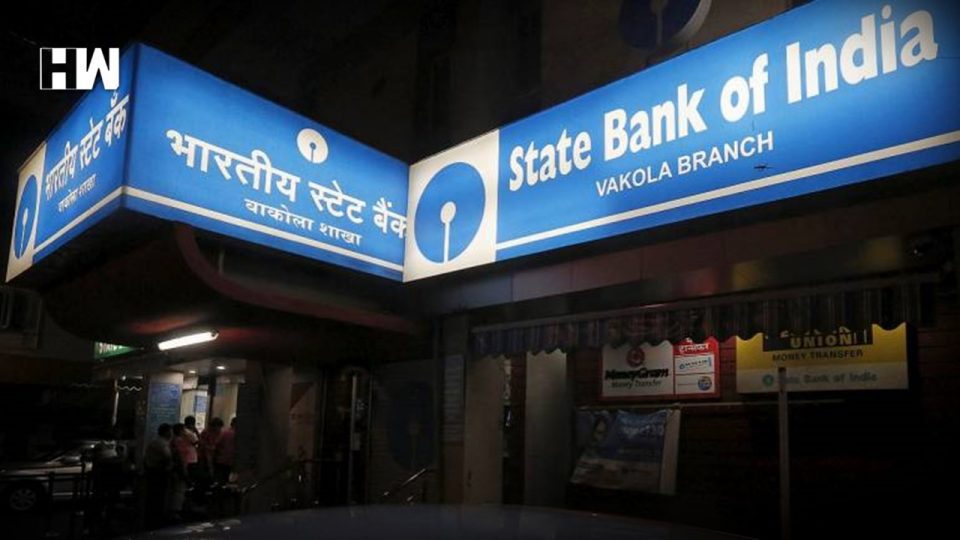SBI has incurred a giant loss of Rs.6968 crores for FY 2019 as against a reported profit of Rs.832 crores
In a recent mandatory filing with the stock exchanges, SBI has said that as per the Risk Assessment Report of the Reserve Bank, it has under-reported NPA losses to the tune of a mammoth Rs.11932 crores for the FY 2019. As a result of this under-reporting, it has now incurred a giant loss of Rs.6968 crores for FY 2019, as against a reported profit of Rs.832 crores. This report is issued by the RBI after a detailed review of the relevant bank records and a detailed multi-level discussion, with the top executives of the concerned bank. The final report is not a unilateral RBI document, but it is based on a mutual discussion and acceptance of the RBI findings of such divergence in loss provisioning.
For all you know, the divergence noted by the RBI must have been much more but would have been pruned down to Rs.11932 crores, after a detailed discussion with the SBI top brass. SBI says that it has subsequently upgraded such NPA accounts or has effected recovery of those loans, thus mitigating the emanating risk from such under-reported NPAs.
This practice of RBI assessing the divergence in NPA provisioning by banks and reporting it as a risk assessment started in 2017, but it is only after SEBI made it mandatory for banks to immediately report such divergence to the stock exchanges, that the public now becomes aware of such serious RBI findings.
It is worth noting that SBI is not the only bank where such huge NPA divergence has been found by the RBI. Like in the case of SBI, large divergence in reporting NPAs has been found by the RBI in the case of UBI, BOI, Indian Bank, IOB, Yes Bank, etc which have significantly depleted their reported profits, such that they deteriorated into losses, as in the case of SBI, or the profits were largely decimated by such findings. Most of these banks thus reported a steep fall in their profits, after the RBI findings were made public.
At a time when the root cause of the banking system crisis has been the manipulation of accounts and lack of transparency in the financial statements of the lender and their borrowers, it is indeed surprising that despite banking reforms and the strengthening of supervision/surveillance by the RBI, so many banks still choose to hide their NPAs. To us, it raises a lot of questions and issues that need deliberation.
- The RBI guidelines in the matter of recognition of NPAs and their provisioning are clear, specific and precise. Thus when large divergences are reported by the RBI, it means that banks have consciously chosen to not follow these guidelines in order to hide their losses, real state of affairs. Such arbitrary interpretation of convenience of the RBI guidelines by banks is not permissible, since it indicates not just a blatant violation of statutory regulations, but also insubordination of the regulator viz. the RBI.
- Such huge divergence in provisioning/recognition of NPAs, basically means that banks have indulged in the window dressing of their accounts. That is all the more evident from the fact that the RBI’s findings are only of under-reporting of NPAs and not one of over-reporting thereof, which is also possible if there is a sincere/genuine difference of opinion among RBI and the banks. It should happen either way, but it has only been a one-way divergence. The question lingers, whether there are more such under-reported bank NPAs.
- Like the RBI, the statutory auditors of banks to are required to find out and report such under-provisioning of NPAs. Why is it that it is the RBI that found and reported the same and not bank auditors, who too audited the same records of banks?
- The fact that the RBI findings of divergence were discussed with SBI and were reportedly not dissented to, only confirms that the bank was certainly aware of such under-reported NPAs.
- In our opinion, any delayed recognition of NPAs by the banks only means that they are diluting the accountability of delinquent officers if any, as may be involved therein.
- If despite the RBI guidelines and its stringent supervision, banks still indulge in under-reporting their losses it only confirms that it has been a common practice that they routinely followed all these years and hid their true financial position.
Also Read: Business Tit-Bits: From Privatisation to Disinvestment and Beyond
The larger picture is that huge public funds are invested in these banks. The recent infusion of public funds in these banks has been to the tune of Rs.2.5 lac crores. Lack of transparency and hiding of truth by banks only means that there is a continued misuse of public money by banks and also that till banks themselves do not come clean, how will the Indian banking crisis be resolved.
As an independent media platform, we do not take advertisements from governments and corporate houses. It is you, our readers, who have supported us on our journey to do honest and unbiased journalism. Please contribute, so that we can continue to do the same in future.

